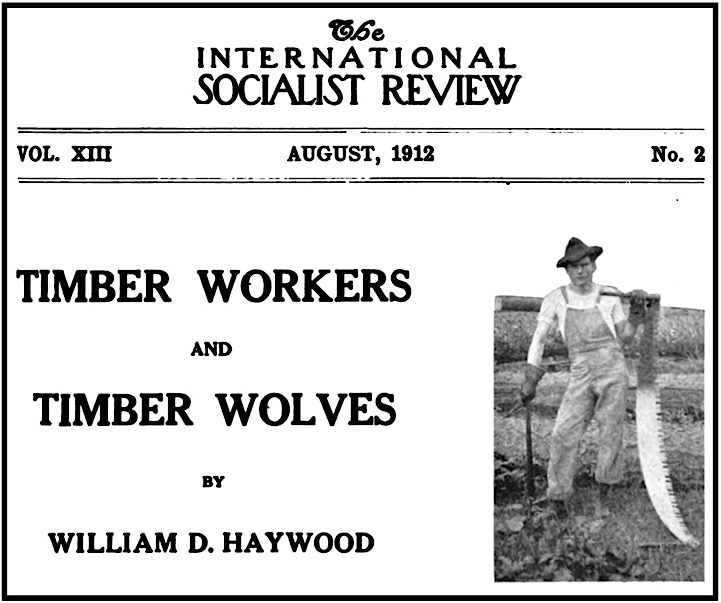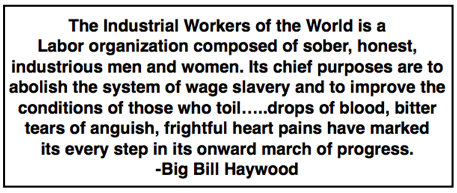 —————
—————
Hellraisers Journal – Saturday October 14, 1922
“The Men I Left at Leavenworth” by Pierce C. Wetter, Part II
From The Survey Graphic Number of October 1922:
[Part II of II.]
wo of our men-Caesar Tabib and Edward Quigley—are suffering from tuberculosis aggravated if not contracted in the Sacramento jail where they spent a year before they were brought to trial. Because of their physical condition, these two men were prevailed on by the rest of us to make application for release, for “clemency,” but their application was coldly refused by the Department of Justice. Apparently they are not yet near enough to death to make it “safe” to release them.
Another of our number, William Weyh, was kept on the “rock-pile” last December until the exposure resulted in severe illness, hemorrhages—twelve in a single day. He was so emaciated as to be scarcely recognizable. It was at this point that a prison official said to him: “I don’t believe you have another ten hours to live if you stay in this place. Drop your I. W. W. affiliations, and you can go out of here as soon as you please.” Weyh’s answer was: “No. I’ll die first.” We had been urging him to make application for release and he at last consented, and the authorities agreed, apparently preferring that he should die outside the walls. He stipulated, however, in writing, that “I have not wavered in my adherence to the I. W. W. and its principles.”
There is not space here to go further down the list of these fifty-two men; they all have the same splendid spirit, the same high courage, the same sense of the crucial human value of solidarity.
AGAIN and again I am asked by those who depend only upon newspapers for their information, why we refuse to ask for “clemency”; and last July, when a petition for general amnesty (that is, for unconditional release for all charged with the same “offence”) signed by some three hundred thousand names from all over the country, was presented to President Harding by a delegation of representative men and women, the President expressed “surprise” about this refusal on our part, and of course at the same time went through with that same ancient formula—”No one advocating the overthrow of the government by violence will be pardoned.” This phrase is continually used by officials, apparently in lieu of any reason they can give for our continued imprisonment.
The truth of the matter is, not one of these fifty-two men was ever even indicted on the preposterous charges brought against them in the press during war-time hysteria, such as the receipt of German gold, and being spies. They are in prison now solely for expression of opinion, and none of those opinions have anything to do with the overthrow of any government in any way—they are merely opinions against war. Note also that these men are confined under the Espionage Act only, though it is now no longer in force. In lieu of any legal reason for their continued incarceration, Attorney General Daugherty even felt obliged to resort to giving out false information in reply to inquiries made on this subject by the Federal Council of Churches (see March 11, 1922 issue Information Service Research Department, Commission on Church and Social Service, F. C. C. C. A., room 604, 105 East 22 Street, New York).
Now, to revert to the President’s “surprise” that we are unwilling to crawl out, I don’t for a moment doubt his genuineness. It is entirely likely that it really is very difficult for him to understand such a thing. Let me quote from the Open Letter since prepared by these fifty-two men and sent a month ago not only to the President, but also to all Cabinet officials, Congressmen, the Governors of the forty-eight states, and to editors and others throughout the country. (I shall be very glad to send a copy to any one who will write me in care of the SURVEY.)
We are not criminals and are not in prison because we committed any crimes or conspired to commit them. From the beginning, justice has been denied us and the truth of our case withheld from the consideration of the public….In the press, the I. W. W. is like the Mexican in the movie show; he is always the villain….We are in prison now solely for exercising our constitutional right of free speech…. If it is a crime to exercise the right for which our fathers laid down their lives, we have no apology to make.


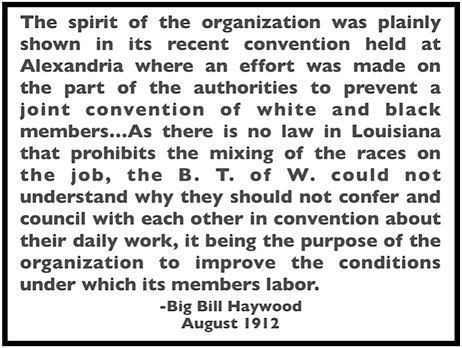
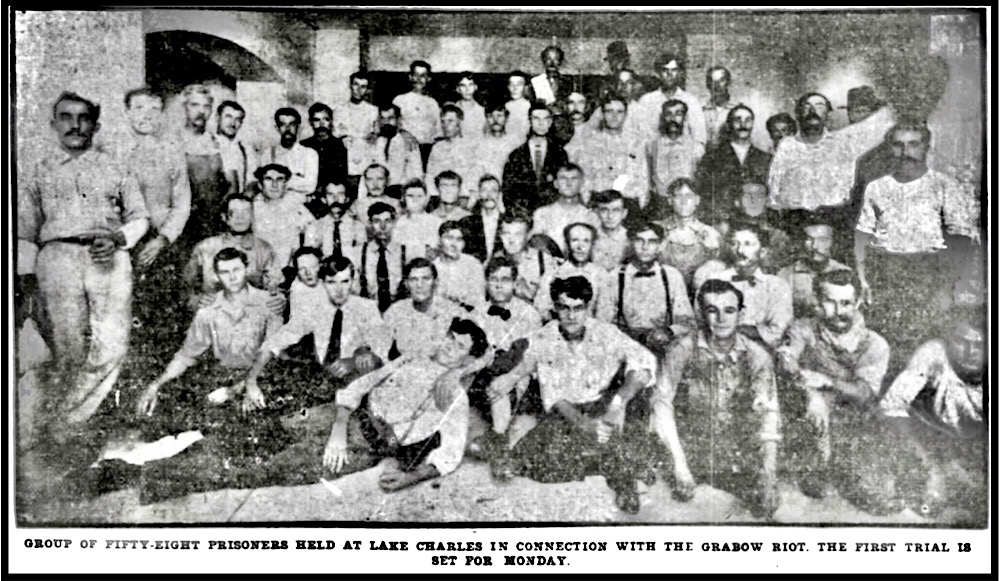
 —————
—————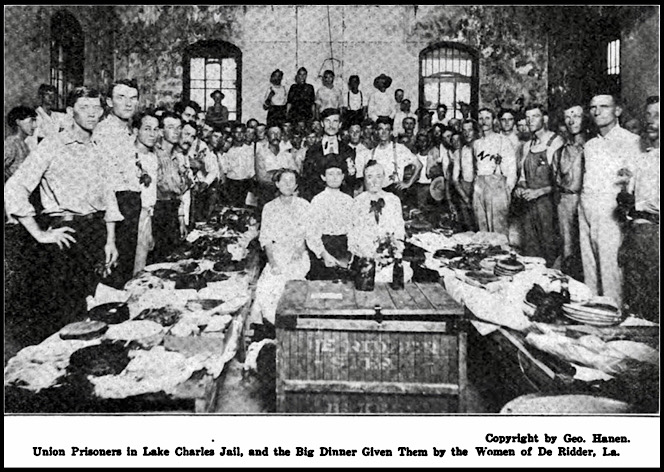
 —————
—————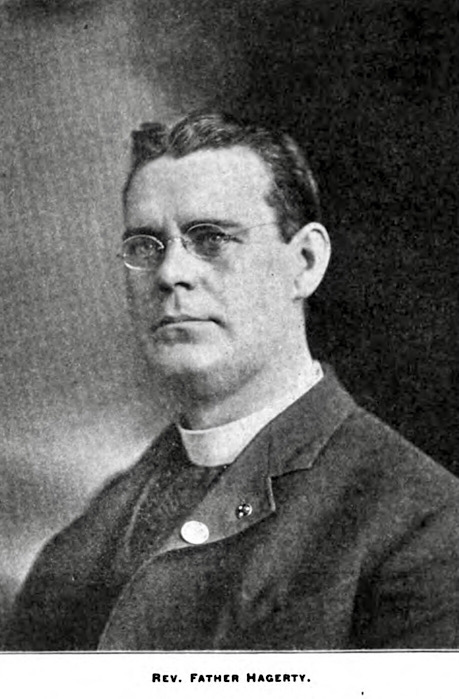
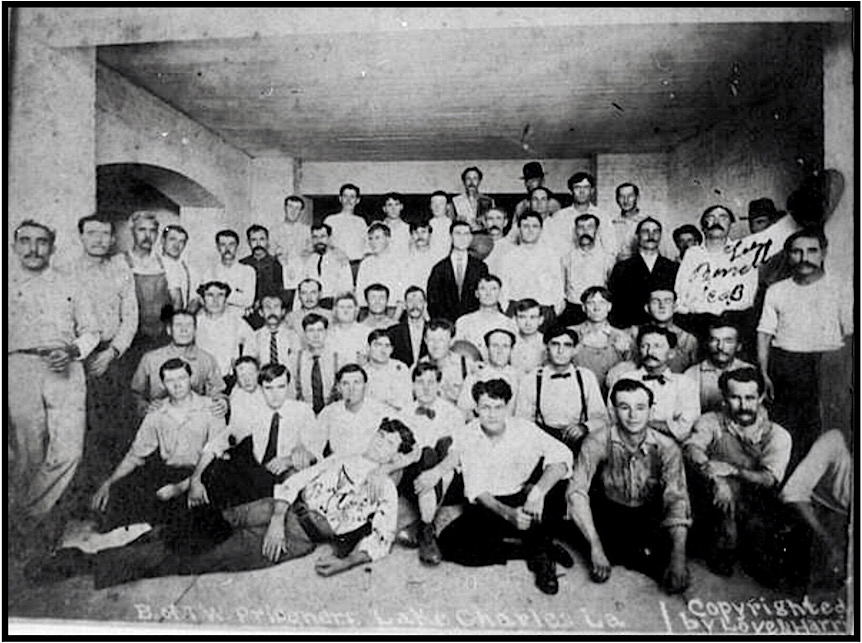
 —————
—————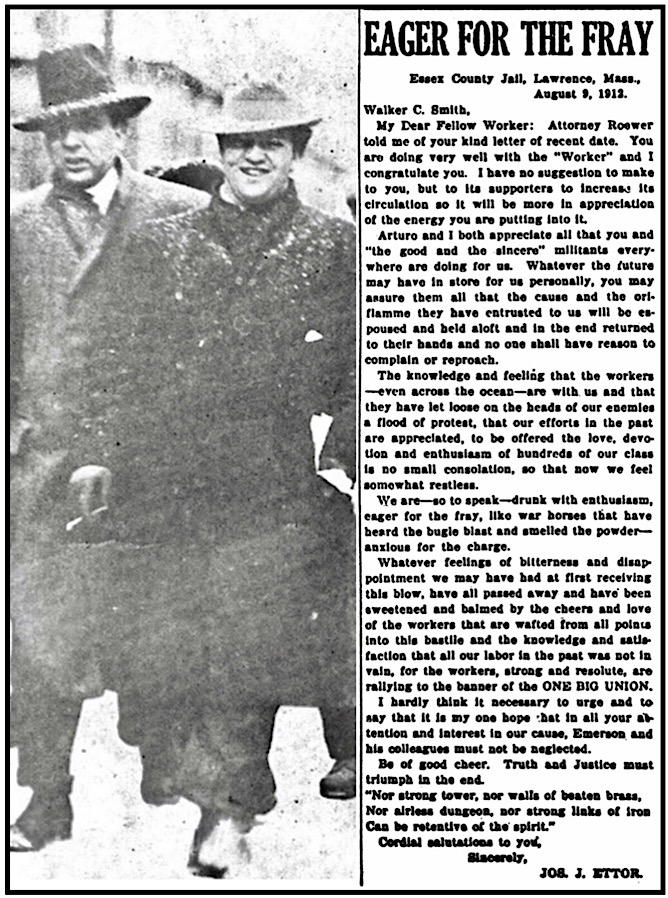
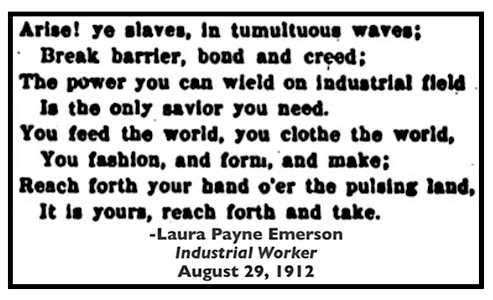 —————
—————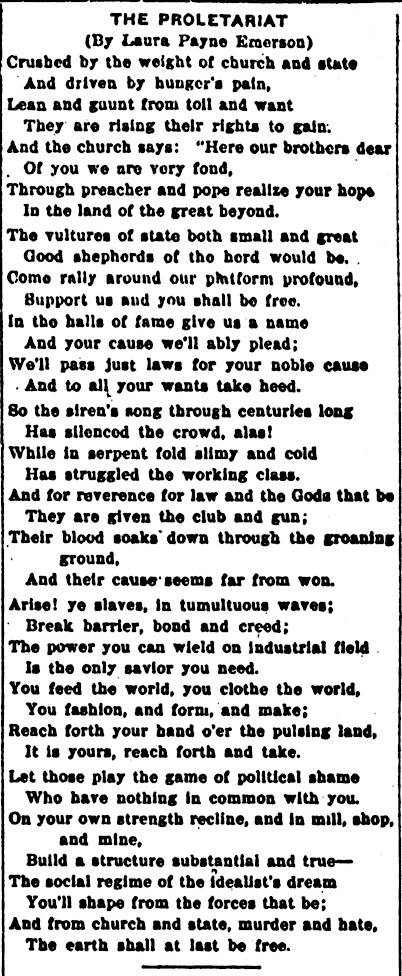
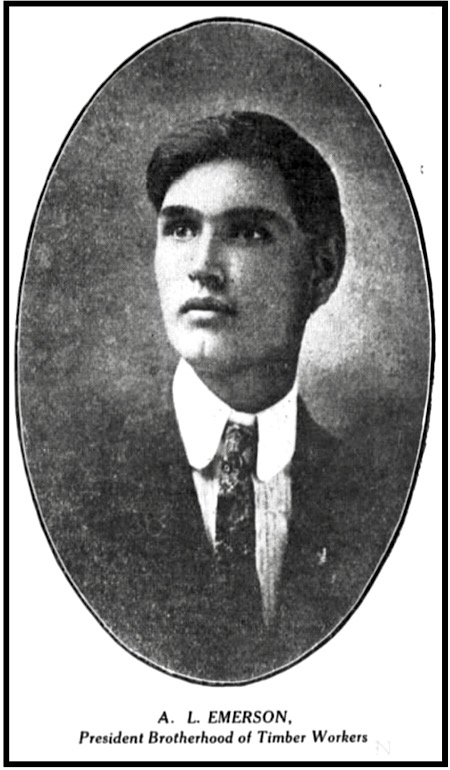
 —————
—————